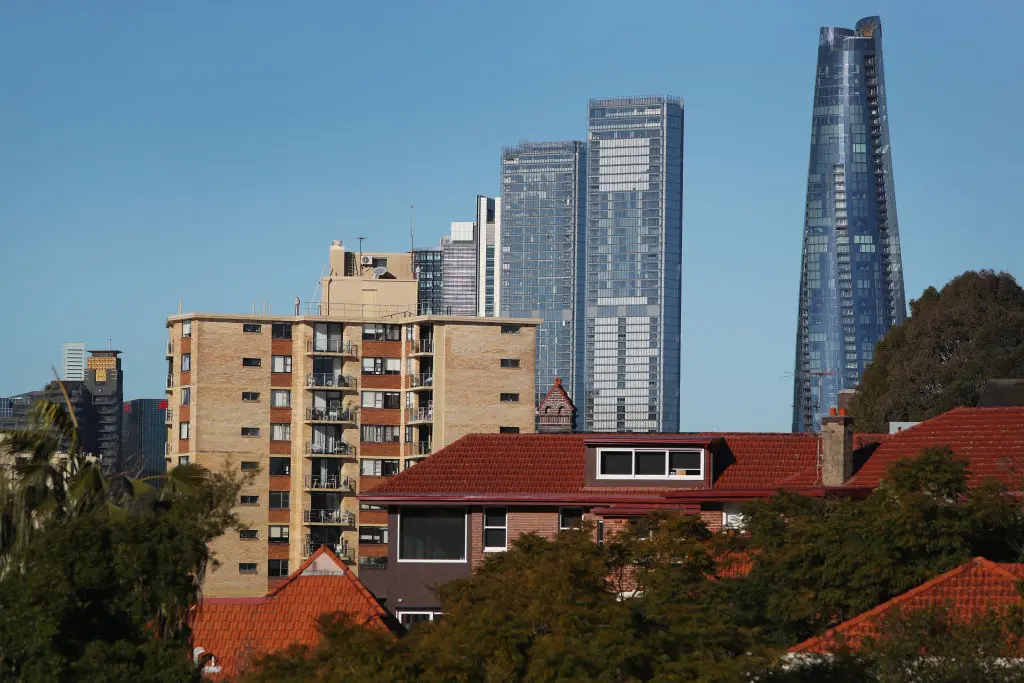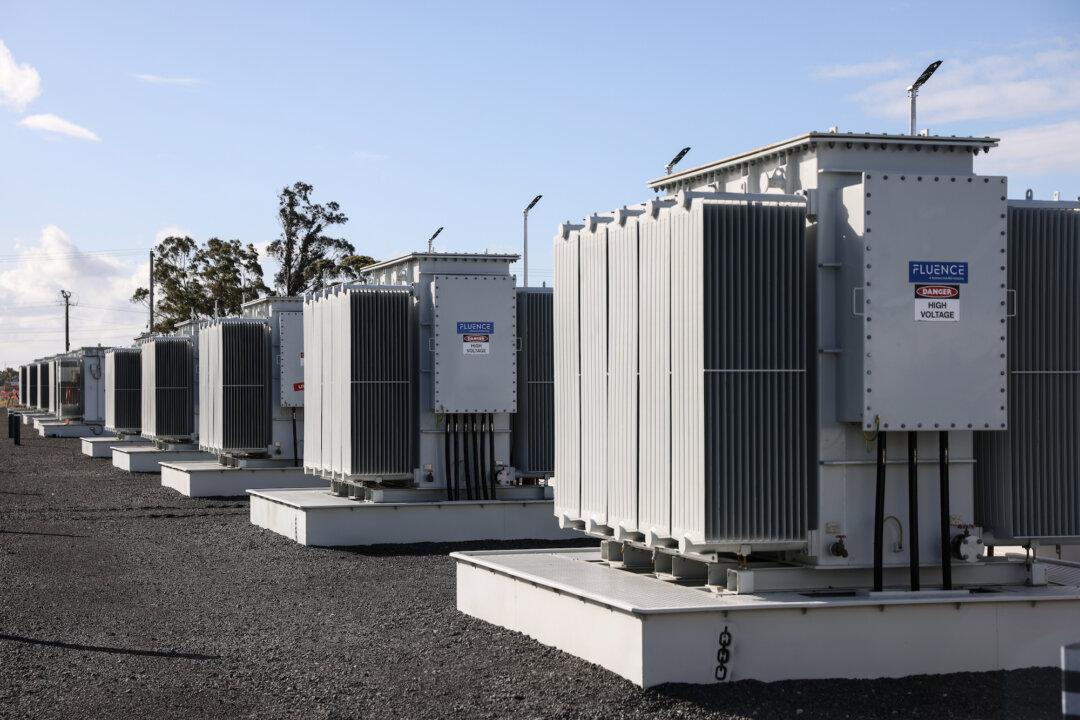Labor has promised to introduce a two-year ban on foreign ownership of existing Australian property, mirroring a Coalition policy intended to alleviate pressure on the housing market.
The ban will prevent foreign investors—including temporary residents like international students and foreign-owned companies—from purchasing established dwellings from April 2025 until March 2027.




